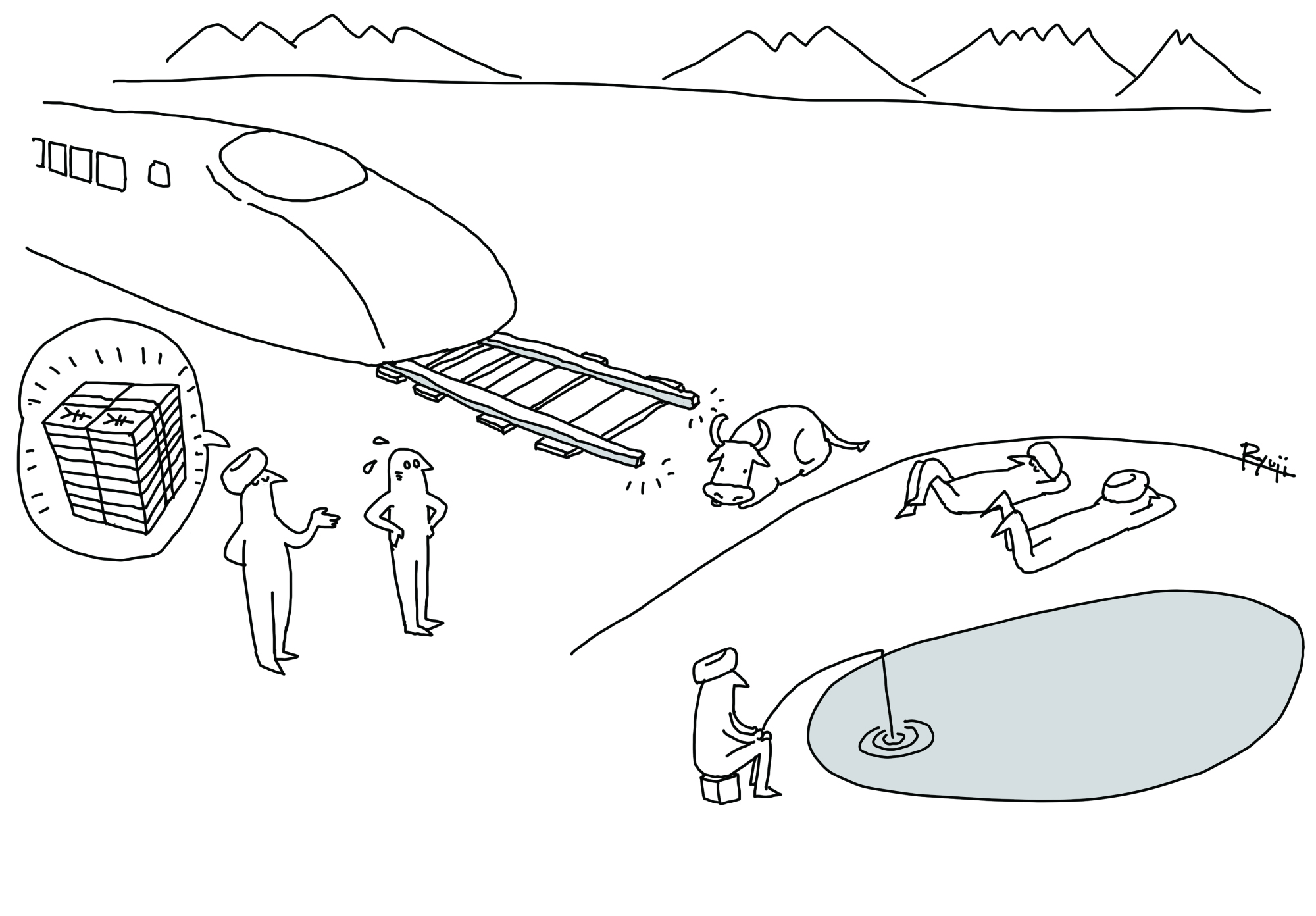The construction of a new high-speed railway line in India is scheduled to officially get underway this year, connecting the commercial capital of Mumbai and the industrial city of Ahmedabad in the western part of the country. The project to build the line fashioned after Japan's shinkansen system is a product of an agreement between Prime Minister Shinzo Abe and his Indian counterpart, Narendra Modi, in their December 2015 summit.
Yet anxiety is already rising due to soaring costs brought about by haphazard policies of the Indian government, leading both the Japanese government and Japanese firms to start getting bogged down.
On Sept. 14 last year, less than two years after the summit, a groundbreaking ceremony was held in Ahmedabad, attended by both Abe and Modi. The total cost of the project is set at 1.08 trillion rupees (about ¥1.8 trillion). Of that total, 880 billion rupees (about ¥1.46 trillion) earmarked for the actual construction work is to be funded by yen-denominated loans from the Japanese government with an annual interest rate of 0.1 percent and repayable in 50 years.


















With your current subscription plan you can comment on stories. However, before writing your first comment, please create a display name in the Profile section of your subscriber account page.